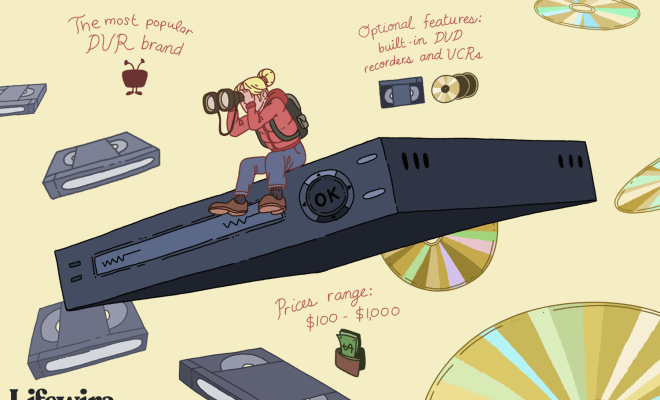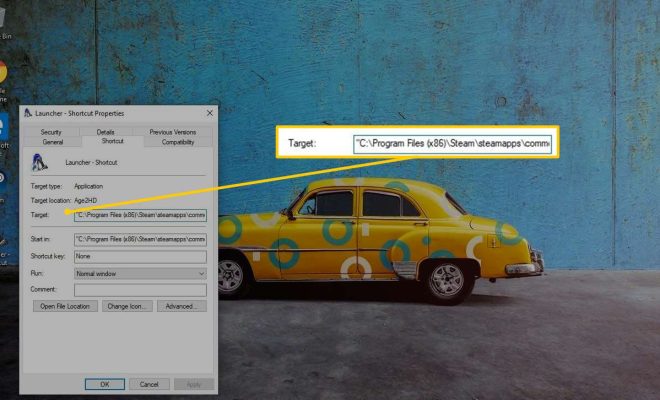Things to Consider Before Buying a DVR

A DVR, or a digital video recorder, is a device that records and stores video footage from various sources, such as a cable or satellite TV, security cameras, and even streaming services. It is an essential tool for those who want to keep track of their favorite shows, sports events, or security footage. However, before buying a DVR, there are several factors you should consider to ensure that you get the best product for your needs. In this article, we will discuss some of the things you should think about before buying a DVR.
1. The Number of Channels
The first thing to consider is how many channels the DVR can record simultaneously. Some DVRs can only record one channel at a time, while others can record up to four or more channels simultaneously. If you have multiple TVs at home or want to record multiple shows at once, you should consider a DVR with multiple channels. Also, if you plan to use the DVR for surveillance purposes, make sure to choose one that can handle the number of cameras you have installed.
2. Storage Capacity
Another important consideration is the amount of storage space the DVR provides. A typical DVR can store up to 500 hours of standard-definition (SD) video or around 75 hours of high-definition (HD) video. However, depending on your usage, you may need more storage capacity. For example, if you plan to record every episode of a long-running series or have multiple security cameras, you should look for a DVR with higher storage capacity.
3. User Interface
The user interface of a DVR is essential because it can affect how easy or challenging it is to use the device. Look for a DVR with a user-friendly interface that allows you to schedule recordings, set reminders, playback recordings, and more easily. Some DVRs come with a smart TV interface or companion app, which can make it even more convenient to use.
4. Streaming and Connectivity
If you plan to use your DVR to stream live TV or access streaming services like Netflix and Hulu, you should look for a model with built-in Wi-Fi or Ethernet connectivity. This way, you can connect your DVR to your home network, access your favorite channels, and stream content directly from your TV. Some DVRs also offer remote access, which lets you view your recordings and live TV from your phone or tablet while you’re away from home.
5. Cost and Budget
Finally, it is important to consider the cost of the DVR and your budget. DVR prices typically range from $50 to $500, depending on the features and specifications. Choosing a DVR with too many features that you don’t need can end up costing you more money, so make sure to prioritize the features that matter most to you.
In conclusion, buying a DVR can be an excellent investment for those who want to keep track of their favorite shows or security footage. By considering the factors mentioned above, you can choose a DVR that meets your needs and budget. Remember to read reviews and shop around to find the best deal and ensure that you get the most value for your money.






